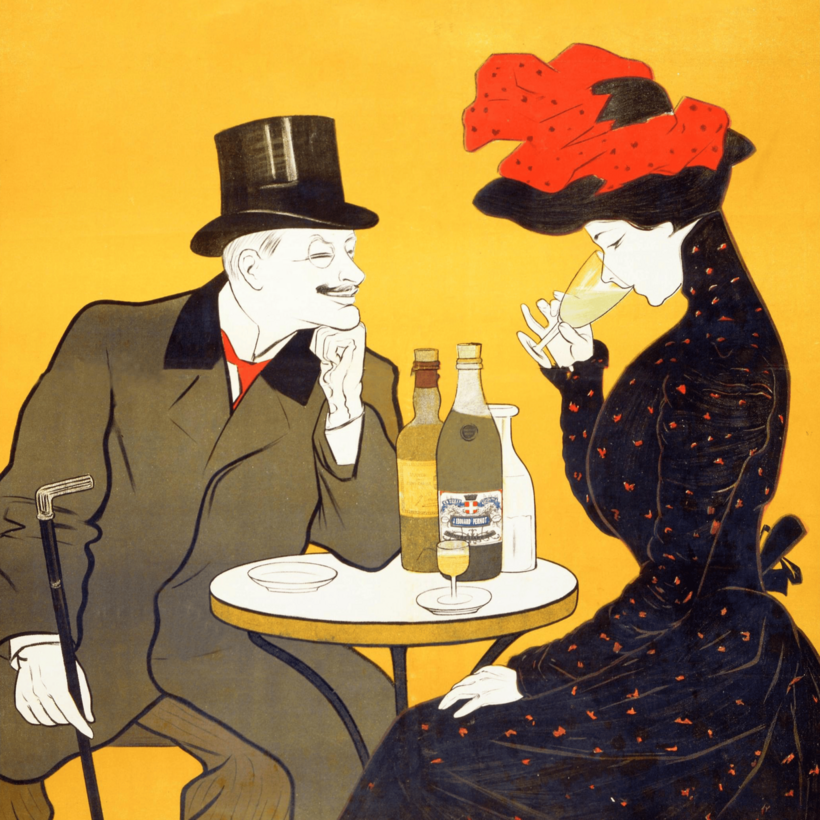An old military adage holds that no battle plan survives first contact with the enemy—or, as Mike Tyson once put it, “everybody has plans until they get hit for the first time.”
That also holds true for writers.
In fact, the writing world divides itself into “pantsers” and “plotters”—those who write spontaneously, by the seat of their eponymous trousers, versus those who create detailed plot outlines and copious piles of notes before setting out. While I have the utmost respect for pantsers, I have long preferred to work from a fairly detailed plan, which I follow every morning when I’m working on a book, starting right after breakfast and continuing until early afternoon, at which point I break to do other things until I finally end the day by reviewing my notes for the next morning’s session. When I have a solid plan, I wake up ready to write and can comfortably turn out a few thousand words a day every day for weeks at a time, without feeling too much stress or an impending sense of burnout.
With The Absinthe Forger, things were going almost exactly according to plan when the subject of my book—a London-based counterfeiter of vintage bottles of absinthe, the legendary spirit that was banned for most of the 20th century, who defrauded collectors around the world—unexpectedly wrote to me, upending my outline entirely. According to my notes, the title character wasn’t supposed to send me an ominous e-mail requesting that I stop contacting his friends and looking into his past. I wasn’t scheduled to begin a long correspondence with him at that point, either, through which I would gain unanticipated insights into his background, personality, and motivation.
In part, the surprise of being contacted by the counterfeiter of historic spirits I was investigating meant that I had to contact my publisher and beg for a brief deadline extension. (Technically, I got my agent, Max Sinsheimer, to do this, which is exactly why writers should have an agent.) But in terms of the writing, it mostly meant that I had to come up with a new plan.
According to my notes, the title character wasn’t supposed to send me an ominous e-mail requesting that I stop contacting his friends and looking into his past.
I hated even considering it, because creating a decent outline for a workable plot with a functioning narrative arc can take a lot of time and effort—sometimes, plotting a book is more difficult than writing one. I knew the plan I had been following each morning wasn’t perfect, but at least it was working, right up until the afternoon when the absinthe forger’s e-mail slipped into my in-box. Coming up with a new plot basically meant starting from scratch, halfway through my book, but eventually I saw that it was inevitable.
So I dumped chapters. I moved things around. I rejiggered my conclusion, which meant making new travel plans for research trips across Europe that would ultimately take me to the absinthe forger’s front door.
These new plans took me to dealers of absinthe-related antiques in Nantes, to gas-chromatograph laboratories outside of Cologne, and back to the Val-de-Travers, the rural Swiss valley where absinthe was invented in the late 18th century, and where the drink remains extremely popular today. I visited collectors whose cellars are filled with authentic absinthe bottles that date back to 1848, if not earlier, studying their details, and spent time with the contemporary distillers who are turning out reproductions of the spirit that inspired Verlaine, Rimbaud, Wilde, and Hemingway. Together, they gave me a complete picture of how the fraud was pulled off, and revealed many secrets from the underground world of modern absintheurs.
Buddhists like to say that the only constant is change, but I imagine many of us would say the same thing about irony. The absinthe forger had asked me to stop trying to find out about his past, which caused me to learn much more about who he was and what he’d done. I was reluctant to give up my original plan, but when I read through the new outline, I could see that it wasn’t just an O.K. substitute for the charts I’d been following until that point—thanks to the absinthe forger’s e-mail, my book about him had gotten a whole lot better.
In the end, being forced to redo the plot in the middle of my book gave me a new appreciation for spontaneous writing—that dangerous, daredevil dance of putting words together without an outline or notes, and just praying that it somehow makes sense.
When I sat down this morning to write this piece, I pantsed it.
Evan Rail is a Prague-based food, drink, and travel writer

